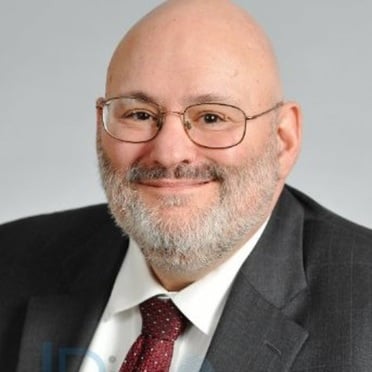Although it may feel like the coronavirus pandemic shutdown will never end, it will. We will then see many, many new things—or old things changed during the shutdown—which we will see stick around after the shutdown fades. One of those new things will be digital experts, changed by their experience in dealing with the digital world during the shutdown. In this month’s article I will discuss these new digital experts.
Expert Testimony and Reports Generally
Initially, expert opinions and reports were governed by Frye v. United States, 293 F.1023 (D.C.Cir. 1923), which held that a scientific opinion was admissible only if the scientific understanding on which the opinion was based was “generally accepted” as relevant in the scientific community. The Frye standard was intended to prevent the situation in which a party sought to introduce scientific evidence that was so new that there were no “rebuttal experts, equally coversant with the mechanics and methods of a particular technique,” nor could a sufficient number be assembled and brought up to speed prior to the articulation of the opinion (in a report, at a hearing, at trial, etc.). Frye contemplated a judicial inquiry, informed by experts, into the “general acceptance of the scientific methods used.” The standard required that “the thing from which the [expert’s] deduction is made must be sufficiently established to have gained general acceptance in the field in which it belongs.” Pennsylvania adopted Frye in Commonwealth v. Topa, 369 A.2d 1299 (Pa. 1977).


 Leonard Deutchman
Leonard Deutchman




